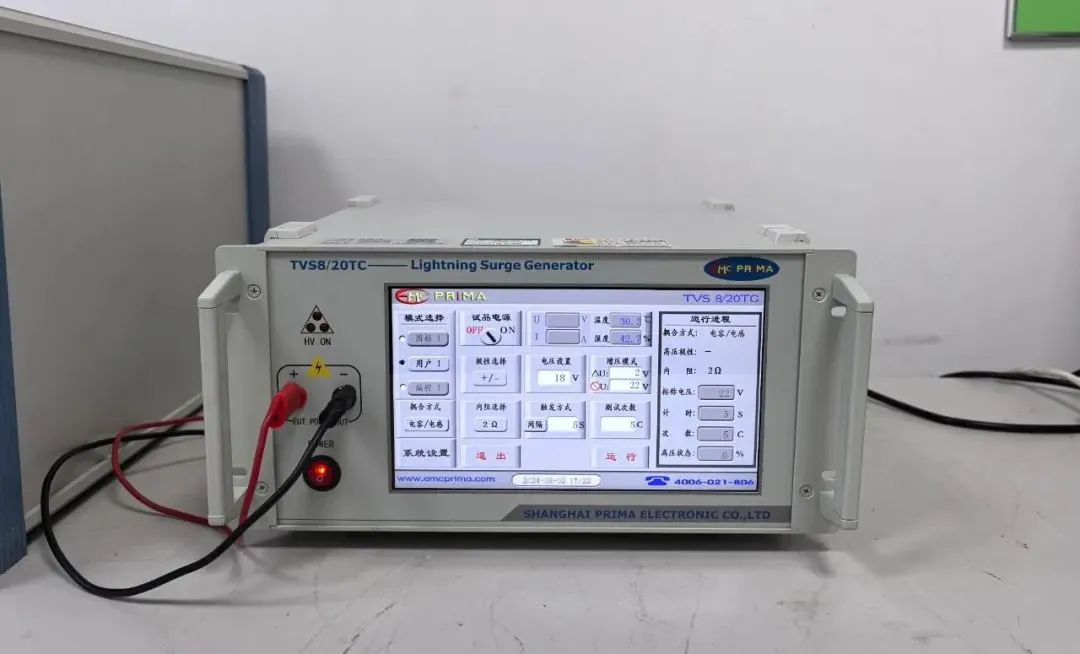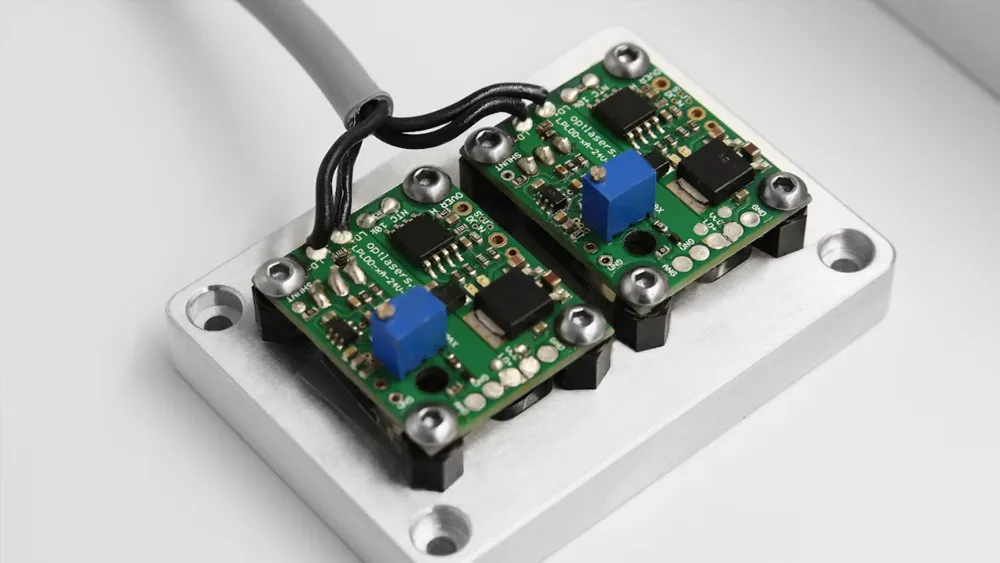
GS Certification Requirements in Germany
Meaning of GS
GS stands for "Geprüfte Sicherheit"(Tested Safety) in German, and it is also interpreted as "Germany Safety." gs certification is a voluntary certification based on the German Product Safety Act (ProdSG), and testing is conducted in accordance with harmonized European standards (EN) or German industrial standards (DIN). It is a widely recognized mark of safety in the European market.
GS Certification Mark
The gs mark indicates that the product’s safety has been tested and approved by an independent and cREDible institution. Although the GS certification is not legally mandatory, it holds significant weight. In the event of a product failure causing an accident, the manufacturer is held accountable under Germany’s (and Europe's) stringent product safety laws. Therefore, the GS mark serves as a powerfUL marketing tool, boosting customer confidence and purchase intent.
Even though it is based on German standards, most European countries recognize the GS mark. Products that meet GS requirements typically also comply with the European ce marking. Unlike CE, however, the GS mark is not legally required. Still, due to the widespread consumer awareness of safety, products with a GS mark often enjoy higher competitiveness in the market, with better sales and pricing.
Product Categories Covered by GS Certification
1. Household appliances, such as vacuum cleaners, washing machines, air purifiers, electric kettles, and kitchen equipment.
2. Household machinery
3. Sports and recreational products
4. Consumer electronics, such as audio-visual equipment
5. Electrical and electronic office equipment, such as copiers, fax machines, shredders, computers, printers
6. Industrial machinery and laboratory testing instruments
7. Other safety-related products, such as bicycles, helmets, ladders, furniture, etc.
GS Certification Process
1. Initial Meeting
Our center explains the detailed certification process and relevant standards to the applicant’s product engineers and provides the necessary forms (application forms, etc.).
2. Application Documents
The applicant submits all required documents. For electrical appliances, this typically includes assembly drawings, circuit diagrams, material lists, user or installation manuals, and documentation explaining model variations.
3. Technical Meeting
After the application documents are reviewed by the agency or testing organization, a technical meeting is scheduled with the applicant’s engineers.
4. Sample Testing
Testing is conducted according to applicable standards. It can be performed either in the manufacturer’s own laboratory or in a certified laboratory in any country.
5. Factory Inspection
GS certification requires an inspection of the manufacturing facility to assess safety-related procedures.
6. Issuance of GS Certificate
GS Certification Factory Inspection
The GS certification process includes an inspection of the manufacturing site to evaluate its safety management procedures. After initial approval, annual factory audits are required to maintain certification.
Email:hello@jjrlab.com
Write your message here and send it to us
 How to get Australia’s Cybersecurity Standard EN 3
How to get Australia’s Cybersecurity Standard EN 3
 How to Obtain Israel SII Certification for Power B
How to Obtain Israel SII Certification for Power B
 Amazon TIC Certification Bodies for Power Banks
Amazon TIC Certification Bodies for Power Banks
 How to Prepare for Wireless Product Certification
How to Prepare for Wireless Product Certification
 What Compliance is Required for Exporting Robot Va
What Compliance is Required for Exporting Robot Va
 FCC Requires Equipment Exporters to Provide "
FCC Requires Equipment Exporters to Provide "
 What Tests Are Required for CE LVD, EMC and RED Di
What Tests Are Required for CE LVD, EMC and RED Di
 What are the UL certification service providers?
What are the UL certification service providers?
Leave us a message
24-hour online customer service at any time to respond, so that you worry!




